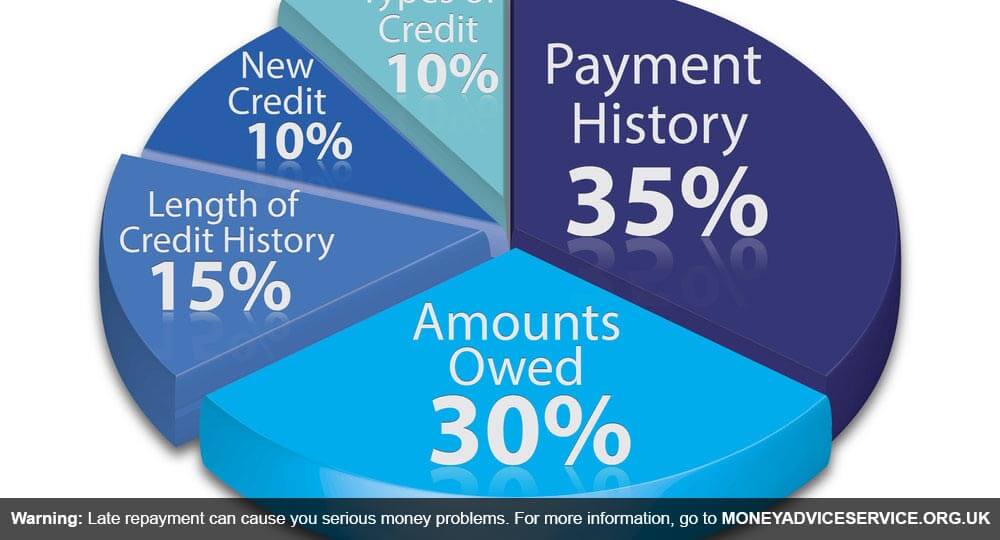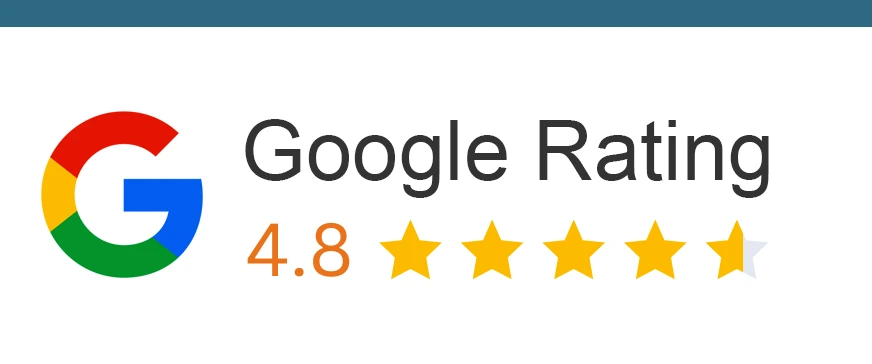If lenders are rejecting your loan applications, your credit score may be the reason. It reflects your repayment habits. Read this article to discover the best ways to improve your credit score.
If your loan application was declined, your credit score likely played a role. Credit scores are a key factor lenders consider when deciding loan approvals. However, many borrowers don’t fully understand what a credit score is.
In this article, the LoanTube team explains what a credit score is, how lenders use it, and how you can improve yours.
Maximise your options: Compare and apply for loans below with LoanTube
Apply Filters
What is a Credit Score?
Your credit score is a number that helps lenders assess your reliability in repaying debts and paying bills on time. It is usually calculated based on three key factors:
- Information on your credit report
- Details from your loan application
- Data the lender already has about you (if you’ve borrowed from them before)
Your credit report records past loan applications, repayments, and payment reliability. Learn more about factors affecting your credit score here.
Who Generates Your Credit Score?
- In the UK, three Credit Reference Agencies calculate credit scores: Experian, Equifax, and CallCredit.
- Each agency uses a different calculation method, so your score may vary depending on which one a lender checks.
How Lenders Use Credit Scores
- Lenders check your credit score to determine your eligibility. A higher score improves your chances of approval.
- Credit scores are just one factor. Lenders also consider the loan amount, repayment period, and your financial situation.
How to Check Your Credit Score
- Checking your credit score before applying for a loan helps you understand your approval chances.
- Credit Reference Agencies offer free online credit score checks.
- You can pay £2 for a detailed credit report, which includes a paper copy.
Ways to Improve Your Credit Score
- Pay off your debts
Clearing outstanding debt before applying for new credit improves approval chances.
- Pay all bills on time
Consistently paying bills on time shows lenders that you manage your finances well.
- Keep your credit card balance low
Lenders check your “balance to limit ratio.” Keeping credit usage below 30% helps maintain a strong score.
- Check for mistakes on your credit report
Errors in your report can lower your score. Review it and request corrections if necessary.
- Register on the electoral roll
Voter registration helps lenders verify your identity, increasing your chances of loan approval.
- Avoid multiple loan applications
Each loan application leaves a record. Too many applications in a short period can lower your score.
Why Apply Through LoanTube?
- At LoanTube, we connect borrowers with lenders that match their financial profiles.
- We only work with FCA-registered lenders, ensuring a secure and fair lending process.
- Our system improves your chances by matching you with the right lenders.
To start your loan application, click here.


